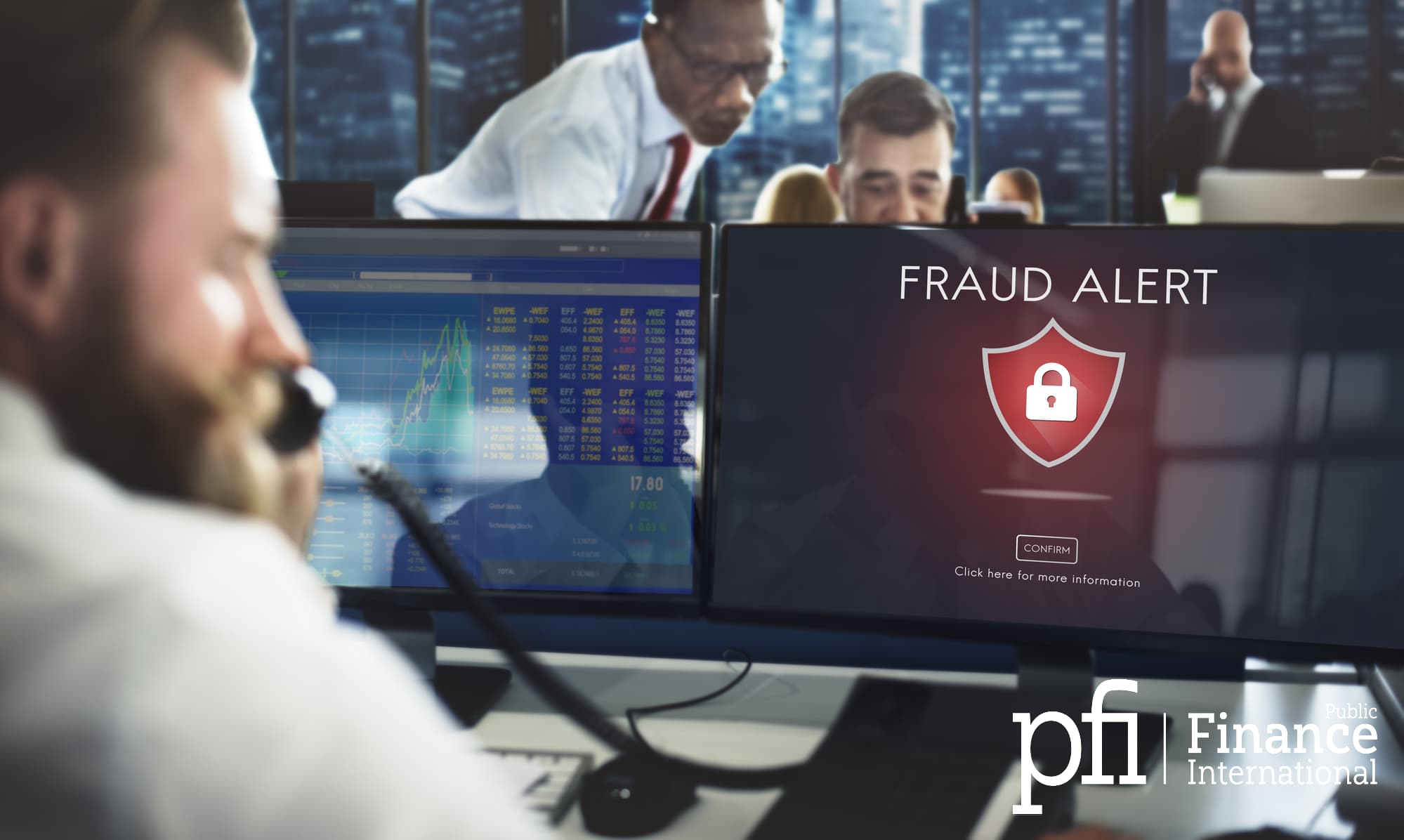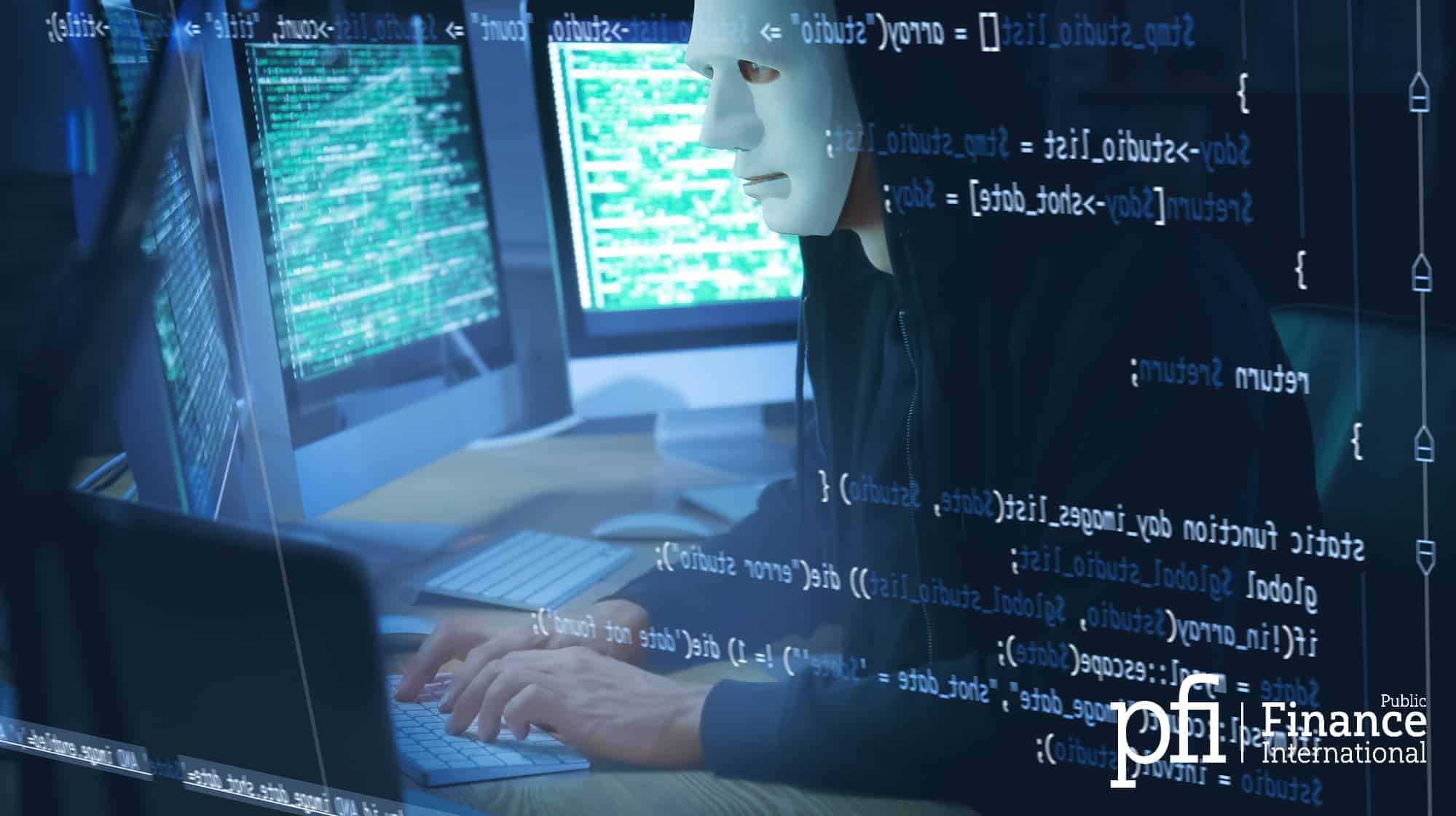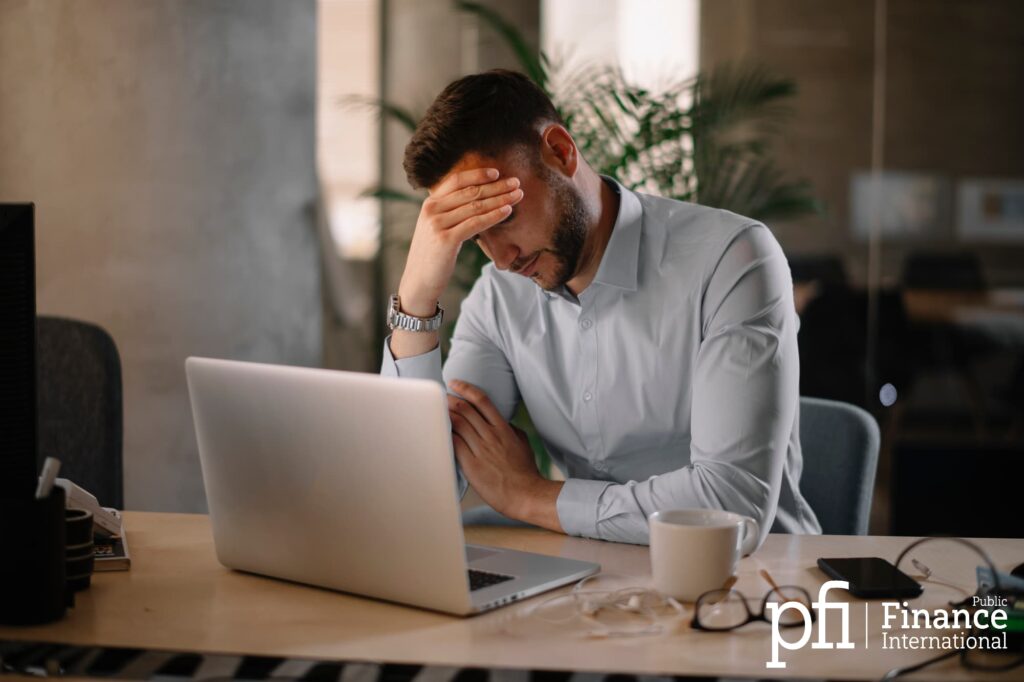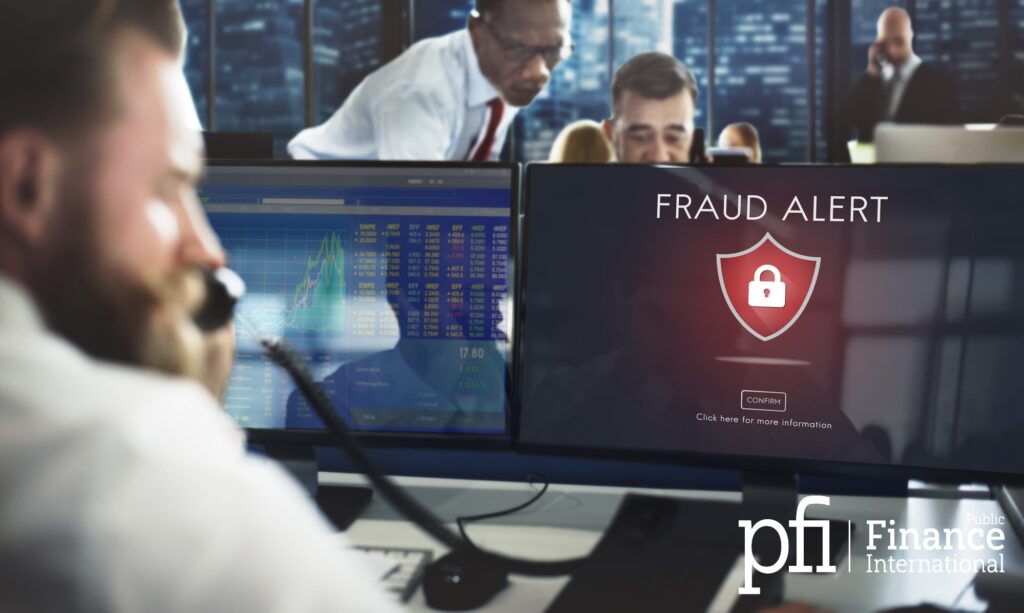Forex trading attracts many people due to its potential to trade from home and anywhere in the world. Many scams abound in the forex trading industry, so choosing a reputable forex broker is essential. In this article, you’ll learn about different types of forex trading scams and how to avoid them.
The foreign exchange market refers to the trading and exchanging of currencies. Banks and large financial institutions make currency exchanges all the time, but forex trading is accessible to retail traders through brokers and online trading platforms.

Types of Forex Trading Scams
Many people search on Google for “is forex scam or legit.” Forex itself is not a scam and the foreign exchange market is legal, but you should know about the most common types of scams in the industry. Regulations exist and are getting tighter, but scammers steal money from newbie traders in numerous ways.
The Difficult or Impossible Withdrawal Scam
A common type of foreign exchange fraud is when a broker makes it challenging to withdraw your money. Brokers usually make it easy for you to deposit money, but when it comes to withdrawing it, some brokers start making things difficult. Common tactics include:
- Requiring extensive documentation and identity verification the broker did not disclose when you signed up. Sometimes, obtaining that documentation can be difficult.
- Freezing withdrawals due to “security concerns” or “identity verification concerns,” with no good option to contact support and repeal a freeze.
- Blocking your account altogether after you request your first withdrawal.
This scam is common and allows brokers to hold onto your money. Unfortunately, unless the broker is regulated and located in a country that enforces those regulations, there may be no way to force them to give you back your money.
Monthly Membership Fee
A trading platform should not be charging you a monthly fee to use the platform or to log in to withdraw your funds. Legitimate brokers make money by charging trading commissions, not a monthly fee.
Hidden Commissions and Fees
Brokers may charge hidden commissions and fees that eat into your trading profits and make it difficult to break even or earn a profit from trading. They may bury these fees in their terms and conditions or change the fee structure after you sign up. It is best to pick a broker with low or zero spreads to keep forex trading costs at a minimum.
Manipulating the Markets
Unscrupulous brokers may manipulate the markets by giving you the wrong price on different currencies. From manipulating slippage (the execution of a trade at a price other than what you requested when placing your order) to not honoring a trader’s stop order, shady brokers have all sorts of tactics up their sleeves.
Fake Trading Platforms
There are trading fake platforms. These brokers will take your money and allow you to make trades, but there’s no currency trading behind the scenes. You’re giving the broker your cash, and they’re not doing anything with it, only pretending that you’re trading. Often, such brokers will freeze withdrawals as well.
Shady Bots and Automated Systems
Forex scams come from fake automated systems that promise to trade for you. You may see people advertising “trading bots” online. Trading bots can be legitimate, but many are low-quality.
Scammers create these bots and target newbie traders who want to get rich fast. Often, the bots don’t work and won’t bring you a profit.
Pyramid Schemes
Pyramid schemes require recruiting other paying members as the primary way of earning money. Scammers disguise pyramid schemes as legitimate products or programs.
For example, a scammer might pretend to sell a system that teaches you how to earn a guaranteed profit through forex trading but pressure you to promote the system as an affiliate to earn commissions.
The name pyramid scheme comes from the fact that these schemes rely on each referral to refer other members, leading to a never-ending chain of referrals. A referral can earn different tiers of commissions.
For example, you can earn a Tier 1 commission when referring Bob. When Bob refers Joe, you can make a Tier 2 commission.
Ponzi Schemes
A Ponzi scheme is a type of investment fraud in which an institution will use funds that later investors deposited to pay out the “investment earnings” of earlier investors. The fraudsters continue using new investments from new investors to pay out what they owe their older investors.
Such schemes are unsustainable in the long run, which is why they collapse. In the short run, early investors might not realize that their payouts are coming from later investors' funds and not from actual returns on their investments.
Ponzi schemes are more common in other investment areas, such as stocks. A forex trading fraud can be a Ponzi scheme if there is no actual trading going on behind the scenes and the broker is using new deposits to fund the withdrawals requested by earlier investors.
Automated systems may say they will trade for you. They may require you to deposit funds and then promise returns from automated trading bots without you needing to do a thing. The returns may not come from actual trading activities but from funds new investors have deposited.
How To Avoid Forex Scams
So, how can you make sure a forex trading platform is legitimate? It’s essential to be cautious when entering the forex industry. The following tips will help you avoid most scams.

Make Sure the Broker Is Regulated
When investigating a forex broker, check its certification and regulation. There should be a legitimate governing body regulating it. Check the platforms' licenses, and then go to the regulating body’s website to ensure the license is legitimate. You should ensure the financial authority that granted the license is legitimate.
Some brokers may say they have a license when they don’t, and others will get licenses from shady regulators who sell them to anyone who wants.
Trusted regulators include:
- FSC (Mauritius Financial Services Commission)
- FCA (UK Financial Conduct Authority)
- FSCA (South Africa Financial Sector Conduct Authority)
- SCB (Securities Commission of the Bahamas)
- IFSC (Belize International Financial Services Commission)
- CySEC (Cyprus Securities and Exchange Commission)
Make Sure the Broker Is Not on a Blacklist
FINRA maintains a list of brokers it has banned.
BrokerCheck is a tool by FINRA that allows you to check the background of a financial broker and see if the government has taken action against it.
Read Reviews Online
Always read reviews before you deposit any money into a trading account. Make sure the reviews are unbiased. If the review only lists pros and no cons, it might be an affiliate trying to promote the platform, especially if there is a link to the platform within the article or at the end. An honest review will list both pros and cons.
Try to go beyond reviews on blogs. Look at online forums that discuss forex trading. Reddit is an excellent place to look as well. Comments on threads discussing the trading platform will give you better insights into the experiences of multiple users.
A shady broker may use bots to promote the platform on Reddit or other forums. If there are many positive comments about the platform, make sure they seem human-written. Signs of bot comments can include many short statements such as, “This platform is the best! I love it!” They will usually provide no explanations as to why the platform is good.

Start Small
When joining a new trading platform, it’s essential to start small. Many trading platforms offer paper trading accounts that allow you to trade with fake money. It’s a great way to get experience without investing real money and risking financial loss.
Paper trading is a good strategy, but it’s not what starting small refers to. When you invest money, only invest a small amount – something you can afford to lose. That can be a few hundred to a few thousand dollars, depending on your financial situation.
Use that money to trade for 1-3 months. Make at least two withdrawal requests, and ensure you get the funds you withdrew without any hassles. Only then should you deposit large amounts of money.
Be wary of using leverage when making trades, as it can cause you to end up in a deficit.
Don’t Believe Grand Promises
Don’t fall for the hype. If something sounds too good to be true, it is. Any system that promises to give you an easy way to make money with forex trading without putting in the work is lying to you.
It’s possible to get rich with forex trading, but it will not happen fast. It requires a lot of studying – researching different markets, staying up to date on political events that affect currency prices, and learning different trading strategies.
You must have a lot of hands-on experience testing different methods, which is why demo accounts are beneficial. You should do paper trading for at least 6-12 months until you get good at it before investing real money.
Be Wary of Opening Bonuses
Finally, be wary of opening bonuses. A platform might give you a starting incentive of $1,000 if you invest $5,000, for example. That extra money can make it easier to earn a profit from trading, but it might come with restrictions. You might be unable to withdraw those bonus funds if you lose the rest of your money trading.
Is Forex Trading Legit?
Forex trading is legit, but not all companies that offer forex trading tools or platforms are legitimate. Therefore, it’s critical to research a broker before you give them any money. Always be wary when trading forex. Even if it’s a legitimate company, there is always the risk of losing money due to the volatility that forex trading involves.
How To Report a Forex Scam
You can report a forex scam to the Commodity Futures Trading Commission (CFTC). There are three ways to do that:
- Call 866-FON-CFTC (866-366-2382).
- Use the online form.
- Send a complaint by mail to the Office of Cooperative Enforcement, CFTC, 1155 21st Street, NW, Washington, D.C. 20581.
The CFTC is the governmental body in the US that regulates the trading of currencies. It has taken action against various firms that have violated laws and scammed investors. You can read more on this page.
Conclusion
Due to the scams in the foreign exchange market, it’s essential to do your due diligence before investing any real money in a trading platform. Ensure the broker or exchange has a license from a reputable regulating body, whether in the US, the UK, or overseas. Read broker reviews online and only invest a small amount of money.




